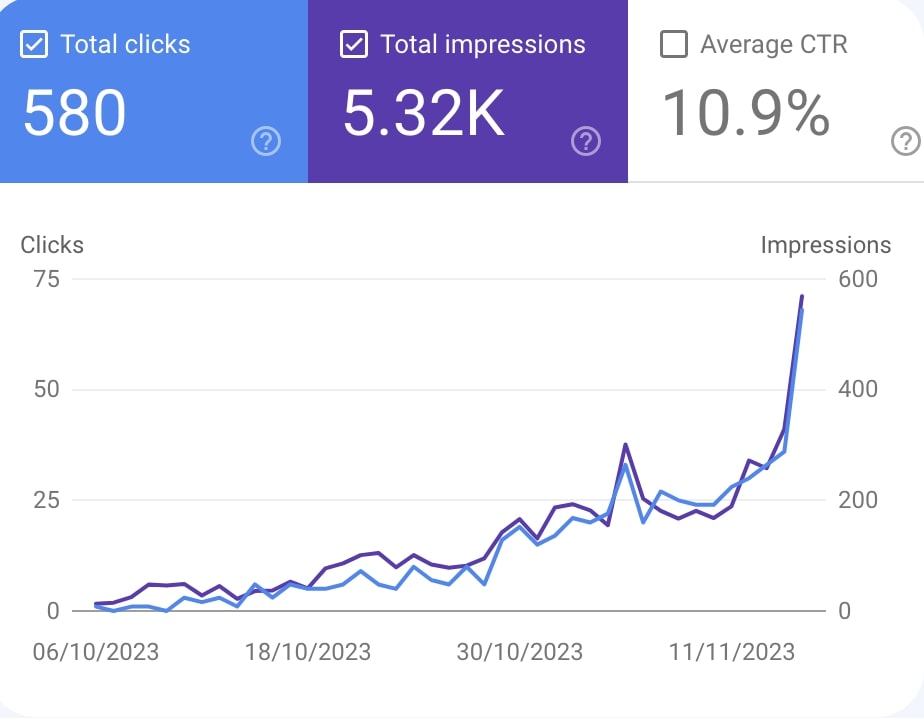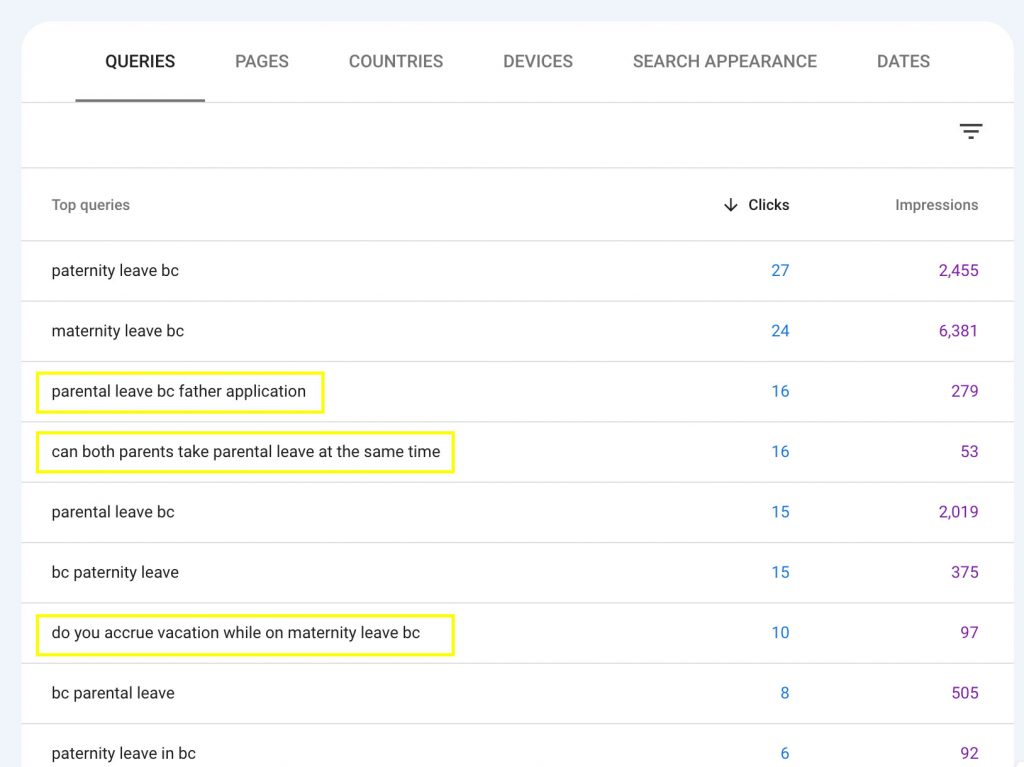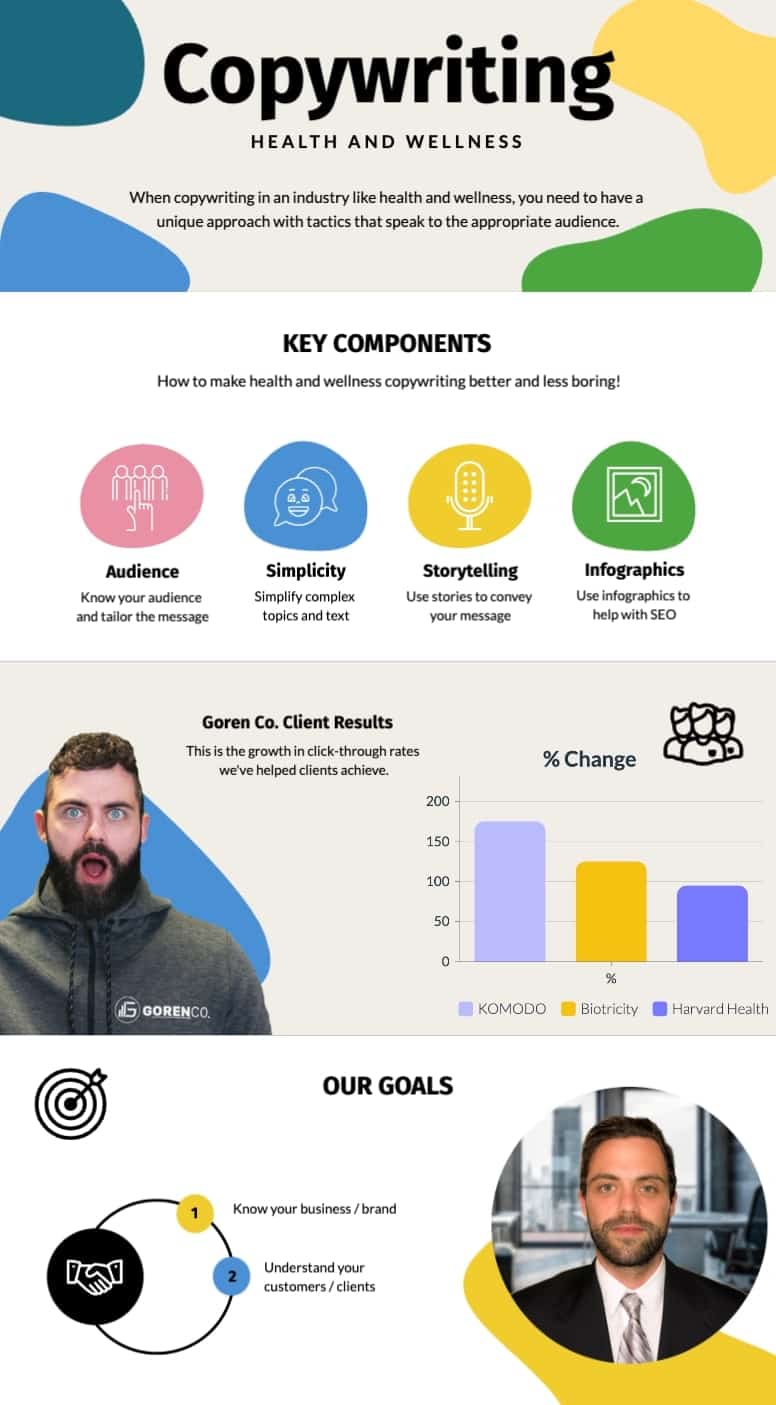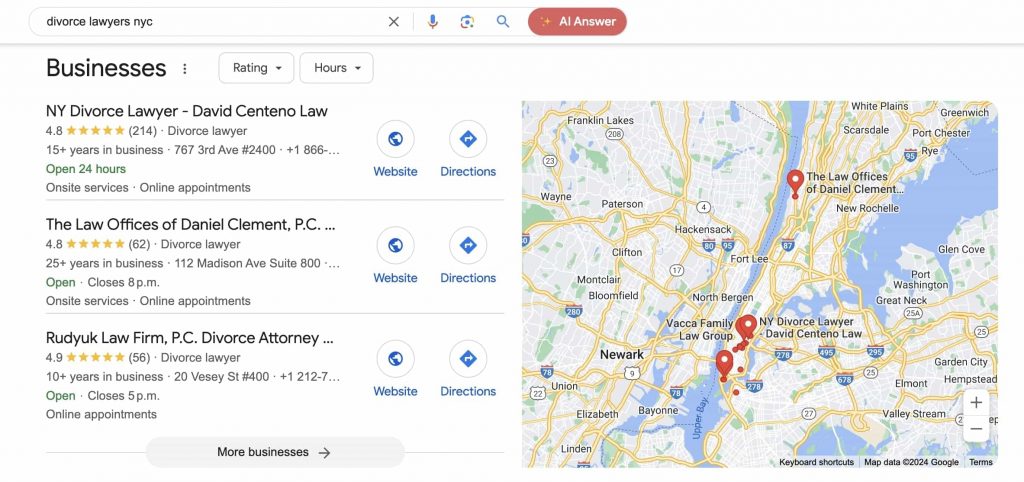Having done SEO almost exclusively for law firms going on 5 years now, I understand the landscape very well. If you’re a lawyer reading this, I just wanted to share my knowledge on what your SEO efforts should look like, how much you should pay, and dive into the constantly changing landscape of legal SEO.
The one thing that really grinds my gears is the number of SEO firm claiming “we provide the best SEO service for lawyers.” When really, they a) provide basic/minimal services and b) charge you up the wazoo because they know you have money.
The foundation of any solid SEO starts with keywords.
P.S. At the end, find out how much you should be paying for legal SEO + a guide to best SEO service for lawyers.
Part 1: Legal SEO Keyword Strategy
Our quest begins with unraveling the secrets behind the art of keyword research and constructing an SEO-friendly domain that not only Google but also your ideal clients will love.
Beyond the Basics: Unearthing Niche Keywords
It’s not just about scratching the surface with generic terms like “lawyer” or “legal services.” Instead, think of the unique specialties and niches within your practice. Are you a wizard in family law, or perhaps a knight in shining armour for startups needing legal guidance? Think of keywords with more than 1-3 words. We call these Long Tail Keyword.
Take a look at the following search data from a real client of mine. It shows, how after a few months of my SEO work, their organic traffic was skyrocketing.

And just for a sneak peek, these are some of the keywords they were ranking for

Notice how it’s not just 1-3 word terms. There are a few longer-tailed keywords (which is what I was targeting).
Semantic Search Secrets: Speaking Google’s Language
The quest doesn’t stop with just keywords. Google has grown wise, understanding the intent behind searches. So, when crafting content, weave in semantic variations of your chosen keywords. This approach is like casting a wider net into the sea of search queries, ensuring that no matter how the query is phrased, your website emerges as the beacon in the fog.
Terms like “divorce attorney” and “lawyer for divorces” are semantically similar. And Google knows that. Finding terms that are similar helps you build out a content map. With each article shining a light and providing different advice and perspective on niche questions.
Part 2: Crafting an SEO-Friendly Website
Website architecture is important, in terms of SEO. It’s a means of communication between your website and Google’s search engine.
Building an SEO-Optimized Site
Consider the structure of your website as the foundation of your castle. Each page should be a bastion of information, easily navigable and fortified with keywords. But remember, the goal is to enchant, not to bewilder. A site map as clear as a starry night ensures that both Google’s crawlers and your visitors can navigate your domain with ease.
Mobile Mastery: Ensuring Your Site is Swift and Responsive
It goes without saying. You website NEEDS to be mobile friendly. But it’s not just about a nice design that flows with the touch of a finger. It’s about predicting user intent. Based on their keyword, you need to set up mobile landing pages that ensure higher conversions. This could mean adding a visible phone number, pricing (if you wish), and simple contact forms.
Part 3: On-Page Optimization
Stepping into the realm of on-page SEO is akin to fine-tuning your legal arguments before a court appearance. Every detail counts, from the strength of your opening statement to the persuasive power of your evidence.
In the digital courtroom of Google, your website needs to make a compelling case to both search engines and potential clients. Let’s break down the essentials of on-page SEO for law firms, using real-life examples to illustrate the impact.
Content That Converts: Beyond Blogging
Content is the backbone of your website. It’s not just about proving you know your stuff; it’s about connecting with your audience and answering their questions before they’ve even asked them.
For example, a family law firm might publish a detailed guide on navigating divorce proceedings in their state, incorporating keywords naturally while providing invaluable advice. This positions the firm as a trusted authority, encouraging visitors to reach out for consultations.
Video Victory: Utilizing Multimedia for Enhanced Engagement
Imagine a personal injury law firm that incorporates client testimonial videos and explainer animations on their site. These videos not only make complex legal concepts more digestible but also engage visitors on an emotional level, increasing the likelihood they’ll contact the firm. Videos also keep visitors on the page longer, which signals to search engines that the content is valuable.
The Infographic Advantage: Visual Data for Complex Concepts
Infographics are another powerful tool, especially for presenting data-driven insights, such as statistics on case outcomes or timelines for legal processes. A tax law firm, for instance, could use an infographic to simplify the steps of contesting IRS decisions. This visual format is not only more engaging but also shareable, extending the firm’s reach beyond their immediate audience.
Meta Magic: The Invisible Forces Driving Traffic
Meta titles and descriptions are your digital billboards. I like to describe meta data on your website as “the way your site communicates with Google.” It’s about helping Google’s algorithms understand what each page is about. The less guessing, the better.
For example, a criminal defense lawyer might use a meta title like “Top-Rated Criminal Defense Attorney in [City] | [Firm Name]” and a compelling meta description that highlights their success rate and how they can help. These elements, while not always visible on your page, are critical for improving your click-through rate from search results.
Internal Linking: Guiding Google Through Your Site
Internal linking is not just about connecting pages on your site; it’s about guiding visitors and search engines through your most important content. Let’s say you have a blog post on “The Consequences of a DUI Charge.” Linking from this post to your service page on DUI defense not only provides a clear path for readers seeking more help but also helps search engines understand the relationship between your content, boosting the authority of your service page.
Part 3: Off-page Optimization
Diving into off-page SEO is like entering the networking event of the century, where the reputation and connections of your law firm can significantly amplify your online presence. It’s about what others are saying about you, not just what you claim about yourself. Let’s break down how to master this art of digital mingling and make sure your firm is the talk of the town—in a good way, of course.
Building High-Quality Backlinks
Think of backlinks as the digital equivalent of word-of-mouth recommendations. Just as a shoutout from a respected member of the community can boost your street cred, a link from a reputable site signals to search engines that you’re a key player in the legal field.
Guest Blogging Guerrilla Tactics: Imagine contributing an insightful article on a prestigious legal education platform about the nuances of cross-state litigation. Not only does this position you as an authority, but the backlink from their site to yours is like a high-five from the legal elite, boosting your SEO power.
The Power of Partnerships: Engaging in partnerships with legal associations or sponsoring law-related events can also earn you quality backlinks. It’s akin to being part of the in-crowd, where associations and event organizers link to your site, nodding to your credibility and expertise.
Social Media
Yes, we know your busy. But somebody’s gotta be doing social media for your practice. You should be unique. Don’t simply regurgitate the same old “Merry Christmas from our team” crap. No one cares.
The Hashtag: By cleverly using hashtags, you can extend your reach on platforms like LinkedIn and Twitter, drawing more eyes to your content. It’s like putting up digital billboards in just the right spots online, where potential clients hang out.
Engaging Content Strategies: Share success stories, client testimonials, and legal tips in a way that sparks conversations. It’s about being the life of the online party, making your firm’s social media pages places where people want to hang out, learn, and engage.
Managing Your Online Reputation
Research shows that your online reputation means everything to potential clients. You need to be monitoring your brand’s mentions online and manage digital reputation on a regular basis.
Navigating the Review Minefield: You might think a bad Tweet (or X… whatever the hell you want to call it), a negative Google review or a nasty Reddit thread means nothing. But these reviews live on in perpetuity. You need to reply to complaints and encourage happy clients to leave positive reviews.
Directory Dominance: Make sure your firm is listed accurately across online legal directories and local business listings. It’s akin to making sure your business card has the right contact info—you want people to be able to reach you without a hitch.
Part 4: Local SEO: Dominating the Local Legal Landscape
The local SEO landscape is unique. Nowadays, most people will search “lawyers near me” (for example) and then head to Google Maps. And what do they find? Hopefully your business, with it’s location, hours, reviews, images. The whole nine.
Google My Business: Your Local SEO Superweapon
Creating a standout Google My Business (GMB) profile is like setting up a billboard in the busiest part of town. It’s not just about being seen; it’s about being seen and compelling enough that people want to visit.
Optimization Overhaul: Take your GMB profile to the next level by filling out every section in detail. From services offered to hours of operation and especially client reviews, it’s like telling your firm’s story in a snapshot. And photos, don’t forget those. A picture of your office or team adds a personal touch, making your firm more relatable.
Reviews: Encourage clients to leave reviews and respond to each one, good or bad. This interaction isn’t just courteous; it’s a signal to potential clients and search engines alike that you’re engaged and client-focused. ALSO ➡️ Use Google reviews as an SEO opportunity. Ask clients if you can edit their review before posting so you can add some necessary keywords. Or at least point them in the direction of a service you want to promote.
Hyper-Local Keywords: Capturing Community Clients
Incorporating hyper-local keywords into your content is like customizing your shop sign to reflect the local lingo. It ensures that when locals are searching, they find you, not some distant firm that can’t possibly understand the nuances of their community.
The Geo-Targeting Genius: Sprinkle your content with references to local landmarks, events, or even common legal issues specific to your area. If your firm is in a place with unique rental laws, write about that. It’s about showing potential clients that you’re not just a lawyer; you’re their local legal expert.
Localized Content Creation: Create blog posts, videos, and infographics that address local legal issues. Hosting a webinar on estate planning laws in your state? Make sure it’s optimized with local keywords. It’s like hosting a community workshop in your office, but online, drawing in those searching for nearby expertise.
BEST SEO Service for Lawyers
And there you have it. If you need help with SEO with your law firm, don’t hesitate to reach out. Find out how much you should be paying and what you should be getting for that price. I have all (okay, most) of the answers.


